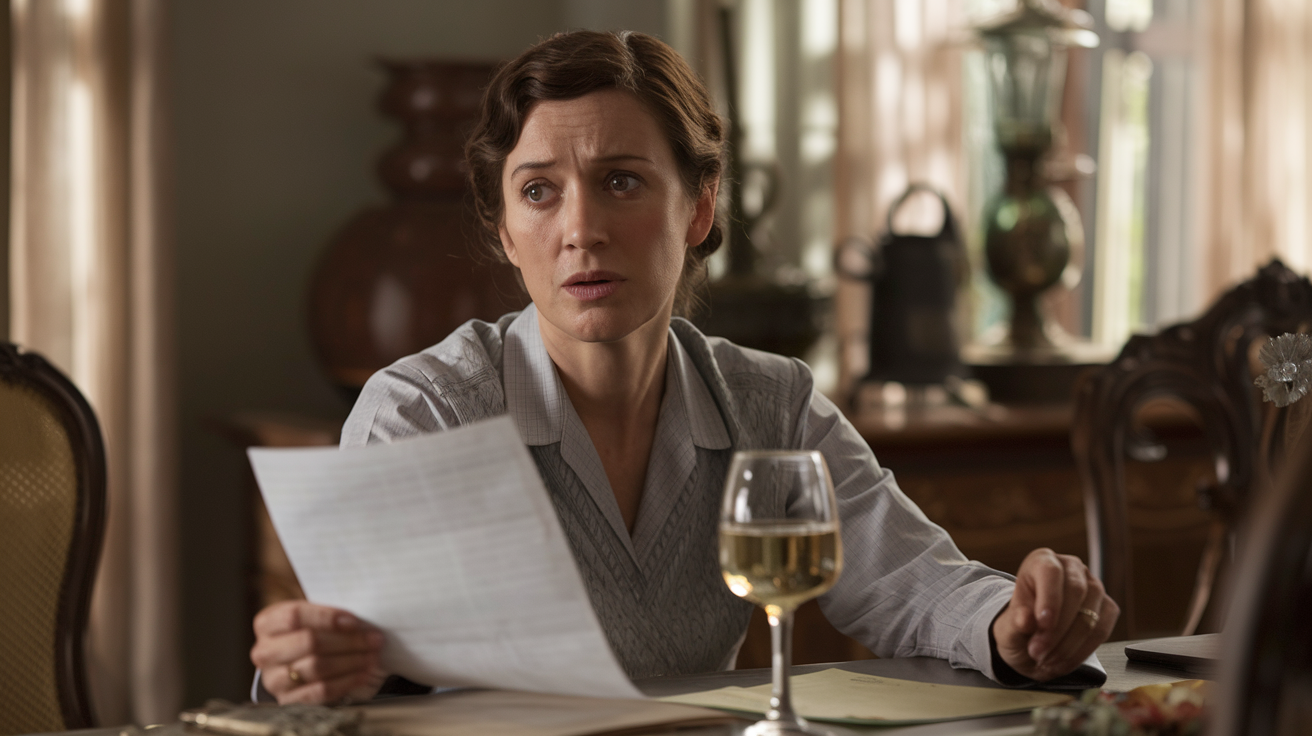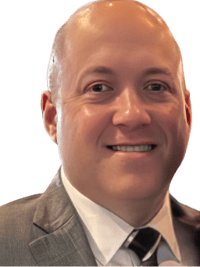A practical guide for genealogists facing uncomfortable truths
Look, I get it. You’re digging through records, excited to uncover your family’s story. Then boom – you hit something that makes your stomach drop. A death that wasn’t what it seemed. A crime swept under the rug. A secret that changes everything you thought you knew about your family.
The Cold Hard Truth About Family Secrets
Let’s get real. Your family tree isn’t just dates and names – it’s a complex web of human stories. And humans? We’re messy. We’re complicated. We make mistakes. We hide things.
The stories we don’t talk about at family reunions are often the ones that shaped your family the most. That great-aunt who “went away” for a few months? That uncle who died “mysteriously”? The cousin nobody mentions? The marriage certificate dated suspiciously close to a birth? These silences echo through generations.
Here’s what decades of genealogical research has taught me: Every family has secrets. Every. Single. One.
The Moment Everything Changes
You know the moment I’m talking about. You’re scrolling through newspaper archives, maybe sipping your coffee, just another Tuesday night of genealogy research.
Then suddenly – BAM. Your heart stops. Your stomach drops. The coffee goes cold.
Maybe it’s a headline about a crime. A death certificate that doesn’t match the family story. A census record that reveals a hidden child. Whatever it is, you know instantly: this changes everything.
Navigating the Dark Waters
When you find something heavy, your first instinct might be to share it immediately or bury it forever. Neither is always right. The truth about family secrets is that they’re rarely simple.
That adoption record might reveal a story of love as much as loss. That criminal charge might hide a tale of desperation in hard times. That mysterious death might conceal a tragedy too painful to speak about.
These discoveries demand more from us than just good research skills. They require wisdom, empathy, and often, restraint.
The Ethics of Truth-Telling
Let’s tackle the elephant in the room: Do we have a moral obligation to reveal everything we find?
The short answer is no.
The long answer is more complicated. Your role as a family historian isn’t to be the truth police. You’re a custodian of memory, and that comes with serious responsibilities.
Consider the story of Sarah, a genealogist who discovered her grandfather had a child before marriage – a child given up for adoption. Her father, in his 80s and recently widowed, had no idea he had a half-sibling.
Sarah chose to wait, keeping the information safe but private. Not because she feared the truth, but because she understood that timing matters. Sometimes, knowledge is a burden too heavy for certain shoulders to bear.
The Digital Age Challenge
Modern genealogy brings its own complications. What used to be buried in courthouse basements is now a click away.
Social media can turn a family secret into public knowledge overnight. DNA testing reveals connections we never knew existed. The walls between private and public family history are thinner than ever.
This new reality demands new wisdom. We need to think carefully about how we handle sensitive information in a world where nothing stays hidden for long.
Understanding the Past
Before we judge our ancestors’ decisions to keep secrets, we need to remember their world.
Social norms, legal frameworks, economic pressures – all shaped their choices in ways we might struggle to understand today. What looks like a shocking secret to us might have been a matter of survival for them.
Mental illness was stigmatized. Unmarried pregnancy could destroy lives. Mixed-race relationships could be illegal. Poverty could force impossible choices.
Our ancestors lived in these realities. Their secrets often protected not just reputations, but lives.
The Weight of Knowing
Carrying family secrets is hard. The emotional toll of being the keeper of difficult knowledge is real. Sometimes you’ll lie awake at night, wondering if you’re doing the right thing.
Sometimes you’ll question every family story you’ve ever heard. This is normal. This is human.
But you don’t have to carry this weight alone. Professional genealogists, therapists who understand family dynamics, and support groups exist for exactly these situations.
Reach out. Share your burden. Find your community.
A Path Forward
The key to handling difficult discoveries isn’t about having a perfect formula – it’s about developing wisdom.
Document everything, but share selectively.
Consider context always.
Think generations ahead, not just about immediate reactions.
When you do decide to share sensitive information, do it with care and purpose. Provide context. Offer support. Be ready for complex reactions.
Remember that every revelation ripples through relationships in ways we can’t always predict.
The Sacred Trust
At its heart, genealogy isn’t just about uncovering facts – it’s about understanding our place in the long human story.
Every difficult discovery is an opportunity to practice compassion – for our ancestors who lived through hard times, for our relatives who might be affected by old secrets, and for ourselves as we navigate these choppy waters.
You’ve been trusted with these stories not because you’re perfect, but because you’re there, doing the work, asking the questions, piecing together the puzzle.
Handle that trust with care. Be the keeper of stories your ancestors needed. Be the protector of truths your descendants might need.
The truth doesn’t always set you free. Sometimes it just gives you a different kind of burden to carry.
Choose wisely which burdens you share with others, and remember: today’s decisions become tomorrow’s family stories.
Make them count.



Our family has a “secret” that a couple of us have been trying to unravel for several years. Family lore is that my great, great grandfather and his wife were unable to conceive, so he fathered a child with another woman. My grandfather and his wife raised the child, a son, as there own, but with the biological mother’s last name. We carry his name. We have found a woman with the same name, it was an unusual one, but she was married and had several children. The older generation did not want to talk about it and now they’re gone. Where do we go from here?
Another one just popped up. Through DNA matching on 23andme, I was contacted by a woman in Louisiana trying to locate, identify, her biological father. DNA would indicate that we are probably 2nd cousins. If we are 2nd cousins or 2nd cousins once removed, I have a LOT of digging to do. Both of my great grandparents and 2nd great grandparents had large families. Any suggestions?
Hi Sara. What specifically are you trying to figure out? Who the biological mother was?
I will add it to my tree if it is in the past and easily available online. If it includes living people or the recent past, I don’t. I have found murder, suicide, unwed mothers, etc., involving not recent ancestors. It helps explain a lot of “whys”. Why did they move, why did the person disappear? Why are they not in the family trees?
Great column. I may omit something from a published family history but I draw the line at lying. Also, I do not condemn or defend people in the past but let the facts speak for themselves.